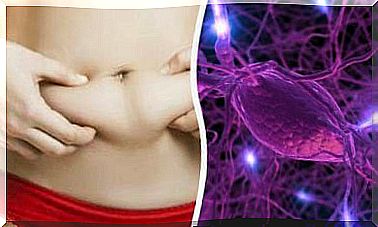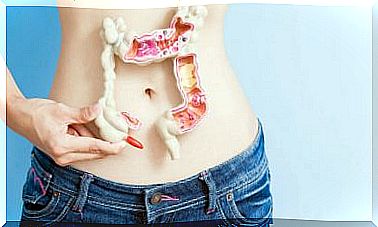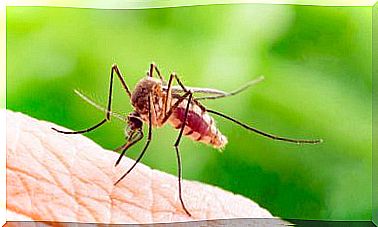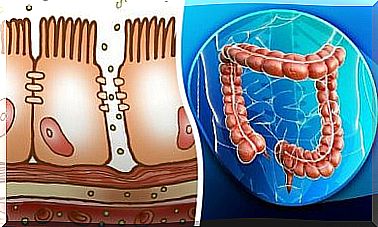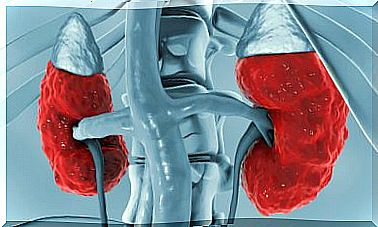Main Differences Between Biological Age And Chronological Age
Do you know the difference between biological age and chronological age? Do you know how the degree of aging of the body is determined? Keep reading and know the answers.
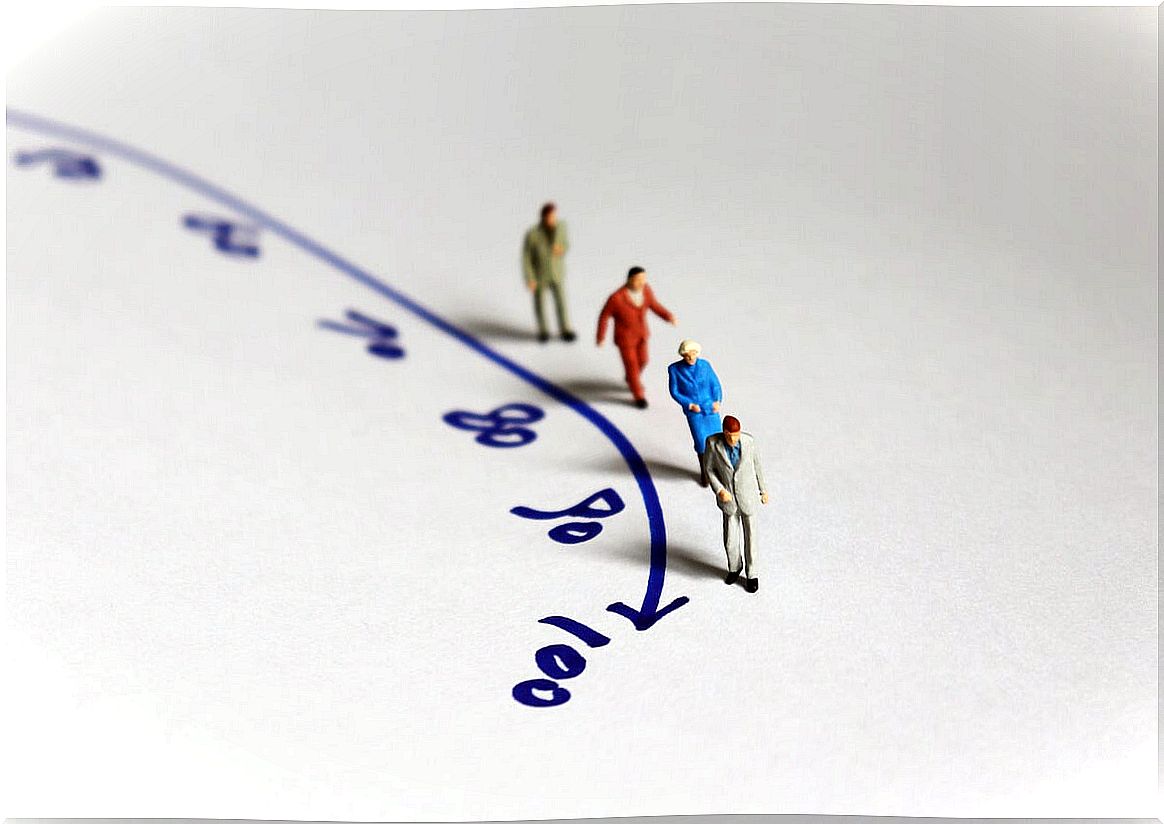
Two people who were born on the same date and year, are they the same age? Surely many of us would answer yes. But why do they look so different? Perhaps it is because the biological age of one of them does not correspond to its chronological age.
The passage of time is like experience: it is not the same for everyone. And while chronological age increases at the same rate, biological age does not. What is the difference between one and the other?
Chronological age is the person’s actual age, according to what appears on their identity document. Whereas biological age has to do with the body and with the functional state of the organs. Some people seem to experience aging in a slower or gradual way.
What is chronological age?
Chronological age refers to the amount of time elapsed from birth to the present moment of the person’s life, in terms of years, months, and days. It could be said that it is an absolute measure that has nothing to do with interpretations.
Chronological age, in turn , is classified into different moments or stages:
- Childhood or childhood: from birth to early adolescence.
- Adolescence: depending on genetic factors, adolescence or stage of development takes place from 12 or 13 years to 15 to 16.
- Youth: ranges from adolescence to 27 years, according to common estimates. According to the United Nations, young people are considered to be people whose ages are between 15 and 24.
- Adult age: from 25 or 27 years old to 55 or 60, which is the retirement age in different countries.
- Old age: to remove the stigma of the denomination, it is also called third age and begins at 55-60 years.
What is biological age?
Biological age is a measure to estimate the real condition of the organism, taking as a reference the chronological age in comparison with the internal functional state.
Biological age indicates the actual age of the body. According to studies, it is determined by the degree of deterioration of the organs and systems or by the way in which the passage of time has influenced their natural wear and tear, which is a natural consequence.
Therefore, the biological age does not always coincide with the chronological age of the person. Sometimes aging can be greater, but also less.
In this order of ideas, it is considered that people who have an estimated biological age lower than the chronological age are at a lower risk of developing diseases.
To know the chronological age, the preponderant factor is when you were born and what year we are in. Genetics and lifestyle are taken into consideration for biological age . Oxidative damage is also believed to be associated with the aging process.
Among the factors that influence the biological aging of the body are the following:
- Genetics.
- Healthy diet.
- Exercise.
- Stress.
- Consumption of alcohol and tobacco.
- Obesity
- Chronic diseases.

How to know the biological age?
Chronological age is measured in years, months, and days. But can biological age be measured? How is it done to determine the functional status of the internal organs?
There is no broad consensus on how to know exactly the biological age. However, different estimates, based on indicators, have been proposed and used.
According to recent research, epigenetic clocks (they measure DNA methylation in blood) are considered the most accurate estimates. Another study also confirmed that DNA methylation is a way of predicting the biological age of tissues.
Another biomarker that has been associated with age and health is telomere length. Telomeres are proteins in DNA, the ones found at the end of chromosomes. Its primary function is to protect the structure and function of genetic information.
However, it has been determined in studies that the shorter the telomeres, the worse the health and the greater the biological age. Therefore, they are considered to determine how quickly cells age and die.
Tips for healthy aging
We are still far from knowing everything we need about measuring biological age. While the importance of DNA methylation in aging is recognized, fundamental questions remain to be answered.
It is known that telomeres shorten and degrade throughout life. There are several factors that influence this process. Some we cannot control, such as genetics, but others we can.
Among the latter we have poor diet, obesity, smoking, poor sleep hygiene, sedentary lifestyle and little physical activity.
Balanced diet
A balanced diet can reduce the aging of cells. Research has already been conducted showing a clear link between nutrition and biological age.
Therefore, it is necessary to avoid refined flours, trans fats and sugars, which increase the risk of obesity, contributing to the appearance of diseases.
We must include in the diet more vegetables, vegetables, fresh fruits and nuts, in addition to olive oil, fish and dairy products. These foods reduce the chances of developing cardiovascular problems and prevent oxidative stress, as well as chronic inflammation.
Regular physical activity
Doing some physical activity frequently (3 to 5 days a week) and moderately (30 to 45 minutes) is best. Studies say that exercise protects telomeres against shortening, particularly in older people.
Rest
According to one study, insomnia is associated with shorter telomeres in older adults. Therefore, sleep disturbances would increase cellular aging.
So, to avoid future problems, it is convenient that you rest and improve your night habits. Sleeping 7 to 8 hours continuously, going to bed and getting up at the same time always, ensure a good rest and help you stay young.

Stress and healthy emotions
Although the exact mechanism by which stress causes telomere shortening is not yet known, there is no doubt that anxiety states have a negative effect on biological age.
Several studies show that in patients with psychological stress there is greater oxidative stress, less telomerase activity and shorter telomere length, compared to people who have never suffered from this type of disorder.
A healthy lifestyle to age well
The passage of time brings with it not only the fact of aging. It also gives us experiences and wisdom. While it is true that aging is beyond our control, the how is not. In this sense, biological age can be a good indication of how well we are aging.
It is important to know that genetics is related to biological aging in just 25% of the total, while the rest of the factors are within the reach of decisions : healthy diet, exercise, habits and emotions.
Research confirms this, as maintaining a healthy lifestyle can lengthen telomeres and slow down the degradation processes.

